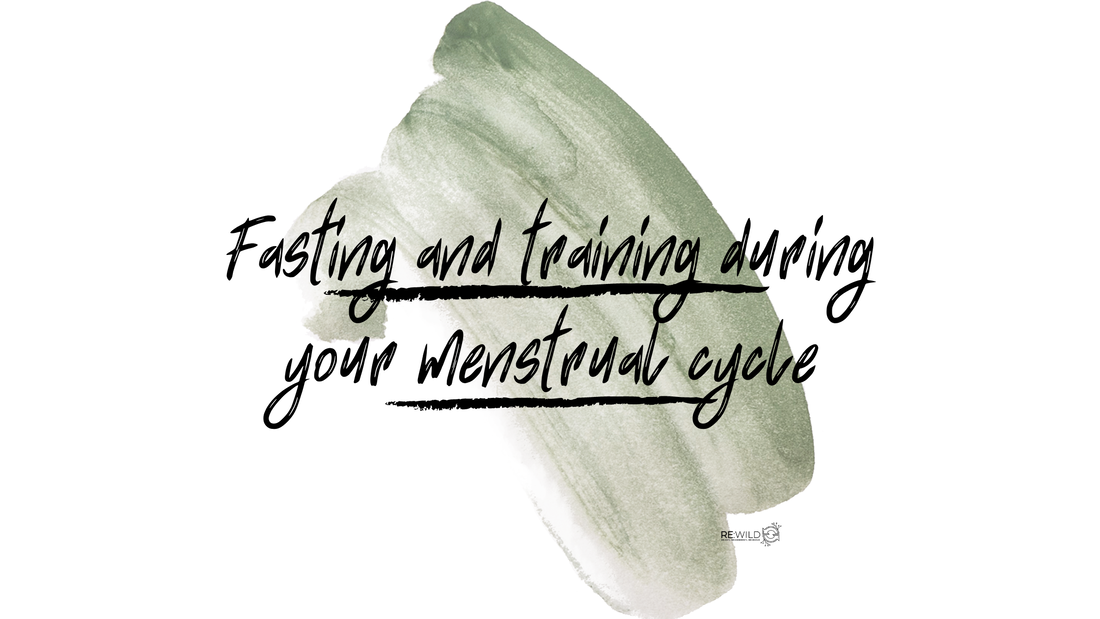|
The female body is magnificent and complex, which is why the fasting protocol should occasionally be adapted to their needs. It’s important to understand that your hormones change throughout your menstrual cycle, and so should your diet and training. Follicular Phase (starts on the first day of menstruation and ends with ovulation) We recommend that our female clients train hard during the follicular phase once their period has ended, as oestrogen levels are higher, and their bodies will be able to cope and recover better. This advice is the same for your fasting efforts. In this phase you should be able to fast more often and for longer periods of time. Ovulatory Phase (usually occurs mid-cycle, ~2 weeks before menstruation starts) You can maintain your efforts here, but you may want to begin adding some low-impact exercises into your routine. Just like the follicular phase, feel free to fast as you see and feel fit to. Luteal Phase (post-ovulation until menstruation) You’ll start to notice a decrease in mood and energy during this phase, so it’s best to decrease your intensity during this time of your cycle when you need to, and only exercise when you feel you have the energy for it. Take the same approach to fasting during this phase as you do to training, and maybe decrease the length or quantity of your fasts. Menstrual Phase During this phase, it’s best to stay active, but listen to your body. Walking, stretching, light weights, and cardio are fine. Remember, low-impact exercise is great for improving energy levels. Fasting during this phase is completely up to you. If you’re not feeling it, leave it. But if your cycles aren’t that inhibiting, you might be able to fast for 1 or 2 days during this phase. Prolonged fasts can cause problems for women since one of their main survival mechanisms is to keep their reproductive system healthy, and fasting for more than 48 hours can make your body think it’s under attack. At Nutri-Train, we don’t advise this. Monthly, weekly, and even daily shorter fasts are all suitable for women, however it’s important to listen to your body as it approaches menstruation. Eating a diet rich in protein is very important. Protein is needed to activate oestrogen receptors, and your general reproductive health. Many of our female clients don’t eat enough protein before they start their Nutri-Train programme , and so skipping a meal only exacerbates the lack of protein. Therefore, make sure you include a little more protein than you think you need or are currently eating. If you'd like to learn more about fasting, which type of fasting method is best for you and how to fast correctly, check out The Fasting Playbook for more.
0 Comments
Leave a Reply. |
JcHere I write about everything I love and that interests me. Archives
September 2021
Categories
All
|

 RSS Feed
RSS Feed
